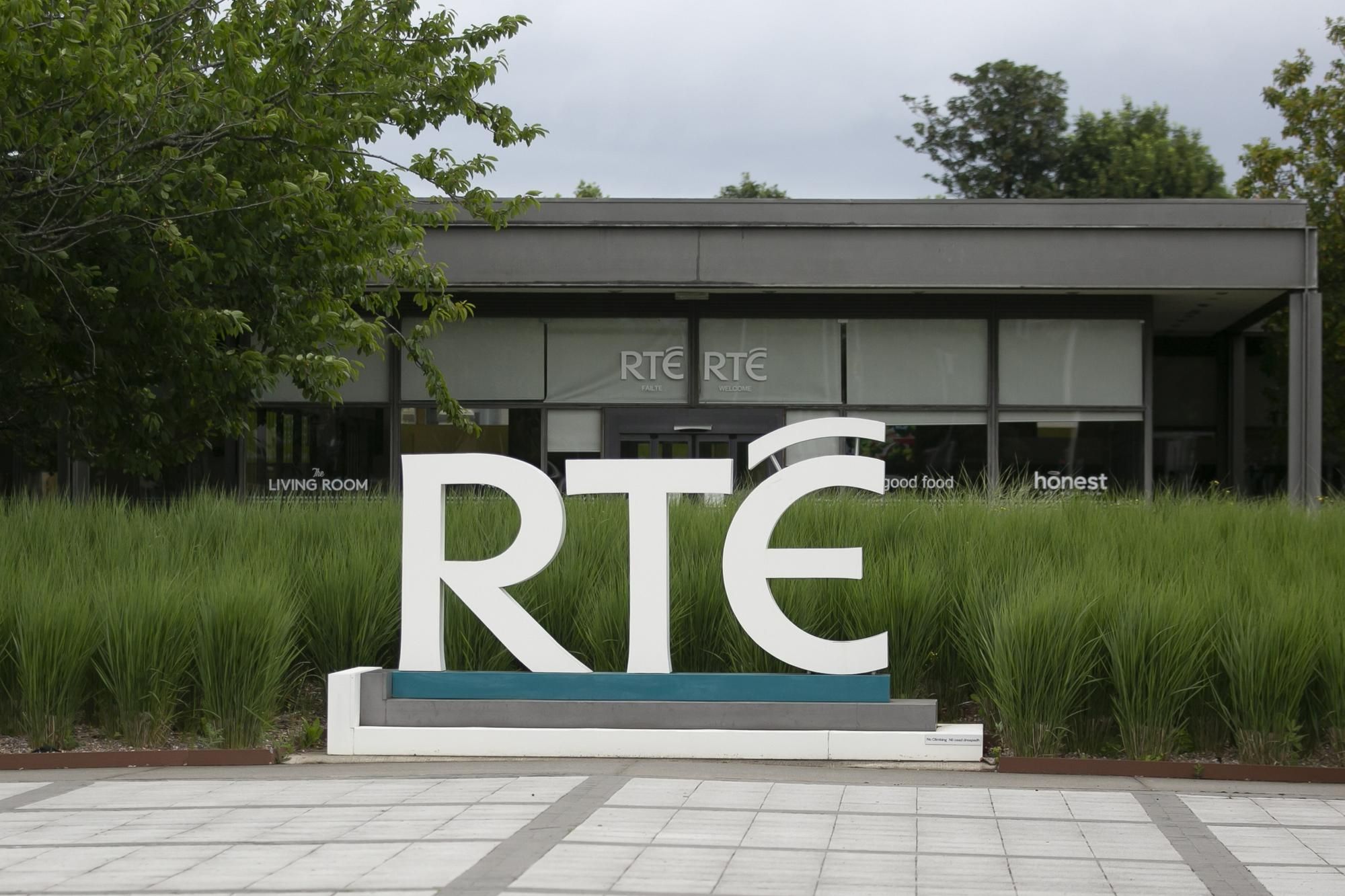In Fionnán Sheahan’s thought-provoking report, ‘Balderdash meets Ballymagash as RTÉ top brass present confusion and coincidences’ (published in the Irish Independent on June 29), he highlights the use of double-speak and the fear of facts among certain individuals. The hasty invitation of RTÉ management by the Oireachtas Media Committee to explain themselves is unconventional, possibly influenced by broad media coverage.
This raises an important question: why is the HSE, with its concerning delays, overcrowded emergency centers, and long wait times for doctor appointments, not appearing regularly at committee hearings? The same can be said for county councils and their excessive delays in residential planning and provision. The answer lies in the fear of the power wielded by the public service. To combat this, citizens should directly approach the public service with their queries, rather than relying on intermediaries like TDs, senators, or councillors. Supposed favors only hinder democracy.
Moving on to other matters of importance, such as the cost of living, the housing crisis, refugee crises, climate action, and the National Children’s Hospital, it’s disheartening to see the focus shift solely to the Tubsgate drama series on RTÉ. Perhaps the coverage should prioritize these pressing issues rather than indulging in sensationalism. Otherwise, one might find themselves seeking solace in faraway places like Belarus.
Considering the ongoing controversy surrounding Tubridy’s pay, it might be necessary to reevaluate Noel Kelly’s influence at RTÉ, even if the number of unethical individuals involved is as minimal as claimed by RTÉ executives. Presenters should clarify whether Kelly will represent them in future negotiations with RTÉ. It’s high time RTÉ had its own astute negotiator, capable of facing agents head-on, rather than relying on gullible executives who have failed to prove themselves over two decades. Although present-day remuneration might be less extravagant than in 2008, when Pat Kenny secured almost a million euros from RTÉ, there is still a great deal of skepticism regarding the current figures and their commercial reality.
The words of Tom T Hall’s song resonate in this situation: “Friends are hard to find when they discover that you’re down.” RTÉ seems to have found itself in hot water, and it remains to be seen who will stand by their side during this difficult time.
This RTÉ fiasco has become a public spectacle for politicians to showcase their investigative skills and attract attention. Perhaps it’s time for them to investigate the unjust working conditions and earnings of the highly qualified individuals who make up the majority of the RTÉ workforce, especially in comparison to the exorbitantly paid presenters.
Reflecting on the evidence presented by RTÉ’s board and executive board to the Oireachtas Committee, it’s notable that the individuals most involved in the controversial deal, such as former director general Dee Forbes, Ryan Tubridy, his agent, and the person who approved the arrangement on behalf of Renault, are conspicuously absent. Given the unlikelihood of hearing from these figures, we can categorize this business as yet another example of the rich tradition of Gubu in our country. Observing the witnesses during the committee hearings, one can’t help but wonder who is throwing whom under the bus, although, unlike other situations, the bus always seems to arrive when most needed.
When confronted with the daunting challenge of climate change, it’s easy to become fatalistic and ignore the issue. However, the choices we make today, next week, and this year will determine whether we achieve social stability or face societal collapse. Each individual must do their part. The most effective actions individuals can take include adopting a plant-based diet, avoiding air travel, living car-free, and having fewer children. Of these actions, a plant-based diet has the most immediate impact on methane emissions and requires no additional cost for individuals.
It’s interesting to note that almost three million contactless payments are made every day, as mentioned in the article ‘Banks accused of ‘spinning’ to discourage the use of cash – but warning charges will come down the line’ (published on Independent.ie on June 29). With such a high volume of contactless payments, it seems that cash is becoming obsolete.
In conclusion, these various issues—double-speak, pressing societal matters, pay controversies, the Gubu tradition, climate change, and the decline of cash—all require our attention and action. It is only through thoughtful consideration and proactive measures that we can address and overcome these challenges.
Denial of responsibility! VigourTimes is an automatic aggregator of Global media. In each content, the hyperlink to the primary source is specified. All trademarks belong to their rightful owners, and all materials to their authors. For any complaint, please reach us at – [email protected]. We will take necessary action within 24 hours.


